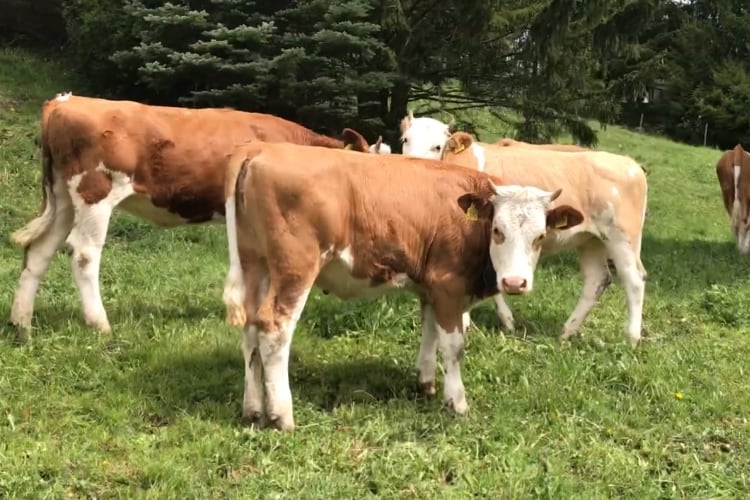The European Dairy Association (EDA) has issued a consensus paper on the ‘rules of origin.’
Rules of origin are the criteria used within WTO to define where a product was made.
They are used: to determine whether imported products shall receive most-favoured-nation (MFN) treatment or preferential treatment; to implement measures and instruments of commercial policy such as anti-dumping duties and safeguard measures; for trade statistics; for the application of labeling and marking requirements; and for government procurement.
The WTO Rules of Origin Agreement requires WTO members to ensure their rules are transparent; that they do not have restricting, distorting or disruptive effects on international trade; that they are administered in a consistent, uniform, impartial and reasonable manner; and that they are based on a positive standard (in other words, they should state what does confer origin rather than what does not).
In the case of Brexit, the UK will become a third country where rules of origin will apply for trade between the UK and the EU, whether as part of the WTO agreement on rules of origin, or a free-trade agreement (FTA) between the UK and the EU.
Until a trade agreement is settled between the EU and the UK, trade would be conducted on a most-favoured nation basis where non-preferential rules of origin will apply. In the Agreement on Rules of Origin, WTO members agreed to negotiate harmonized non-preferential rules of origin. These negotiations have not been concluded.
Under Commission regulation 952/2013, article 60, goods wholly obtained in a single country or territory shall be regarded as having their origin in that country or territory. Goods the production of which involves more than one country or territory shall be deemed to originate in the country or territory where they underwent their last, substantial, economically-justified processing or working, in an undertaking equipped for that purpose, resulting in the manufacture of a new product or representing an important stage of manufacture.
The Commission is faced, in FTA negotiations, with different positions from third countries. Generally, the EDA is of the position that a common threshold for all FTA negotiations should be pursued. However, Brexit is a special case, and since the EU and the UK currently share common rules, the EDA is of the position that the future trade relationship between the two parties should be kept as close as possible to the situation prevailing today.
This would imply the EU and the UK agree to a cumulation for the EU–UK dairy trade intended for export. For import to the EU-UK the two parties would maintain common rules, leaving the situation as it is today.
The EDA said creating special rules for each FTA should be avoided, as it makes business life complicated, so the future trade relationship between the EU and the UK should be addressed accordingly.
“The negotiations must get out of the impasse and we need a real wish and plan to succeed this operation,” EDA chair Michel Nalet said.
The EDA said, in the case of a FTA being discussed between the parties, it is of the opinion rules for internal EU-UK trade should be subject to cumulation and the rules of origin should be applied by the EU and the UK towards third countries.
The EDA document sets out the limits of non-originating material from third countries in relation to granting a product originating status for a variety of European Union HS codes.
The Harmonized System (HS) is a nomenclature developed by the World Customs Organization (WCO) comprising about 5,000 commodity groups, organized in a hierarchical structure by sections, chapters, headings and sub-headings.

